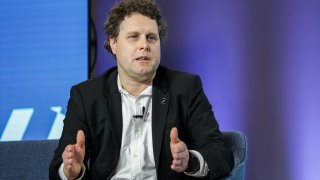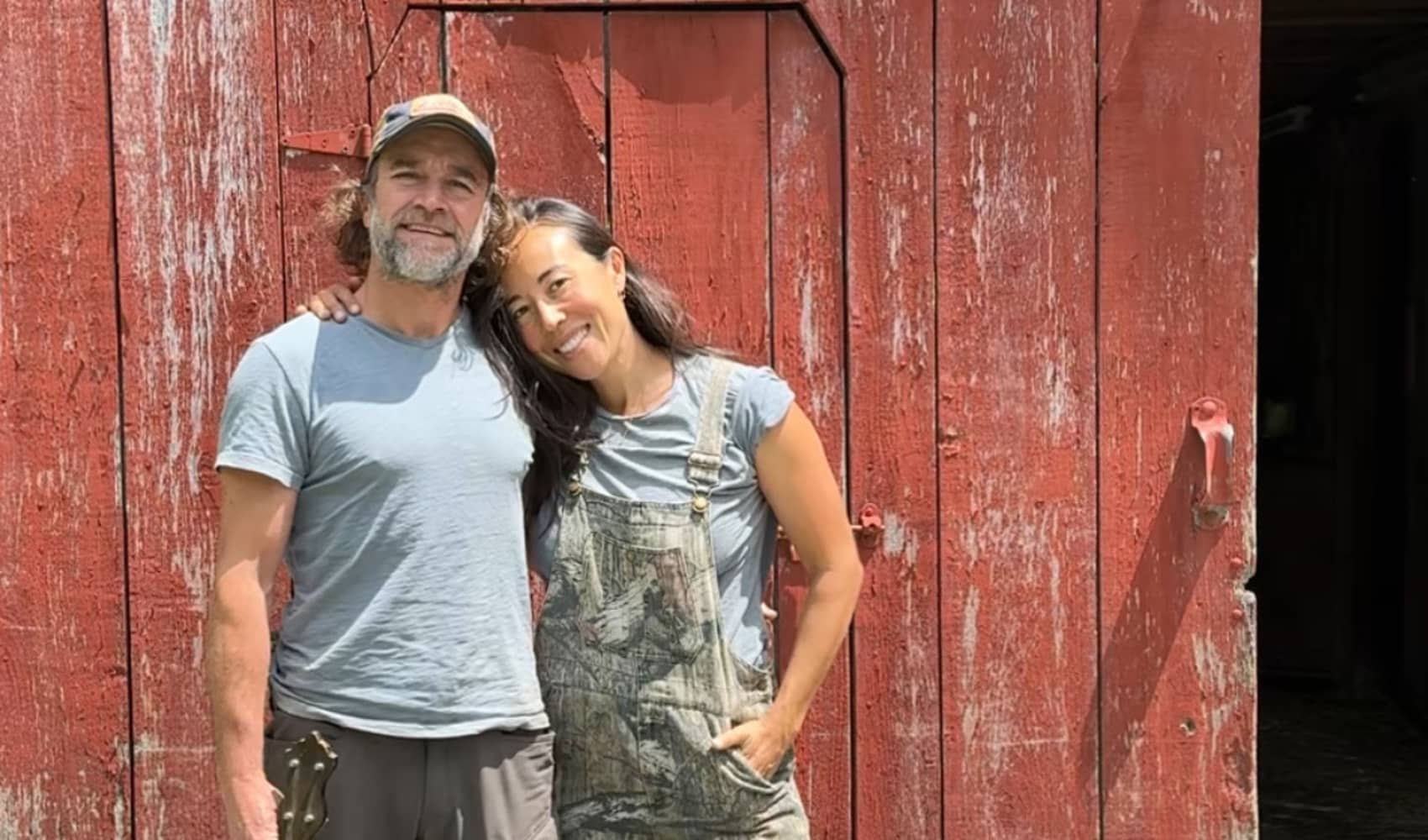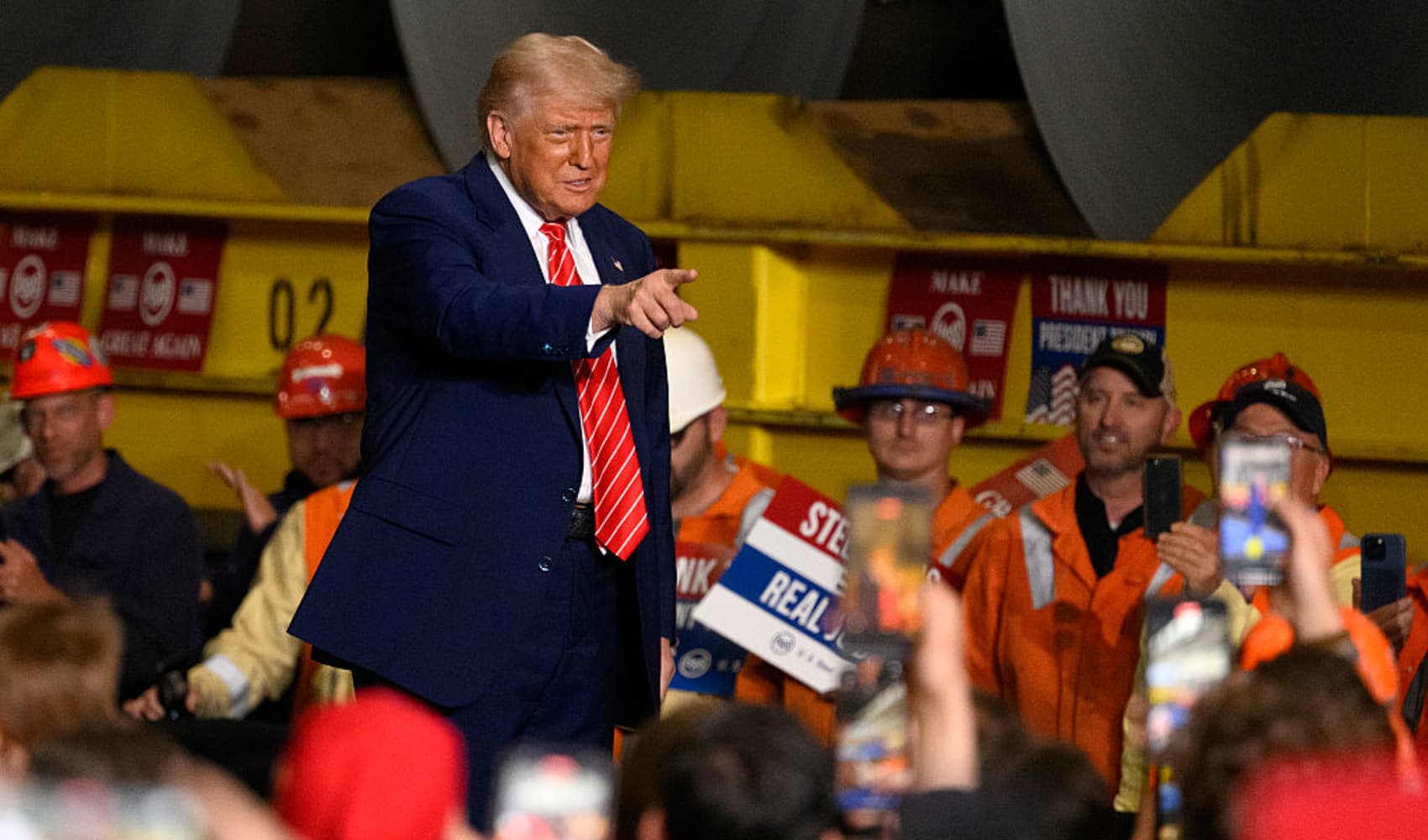
Peter Beck, chief executive officer of Rocket Lab, speaks during the US Chamber of Commerce’s Global Aerospace Summit in Washington, D.C., Sept 14, 2022.
If you want to land a job with billionaire Peter Beck's Rocket Lab, you'd better be able to prove that you're passionate about the aerospace industry — and flexible enough to adapt to a demanding schedule.
Building rockets is a stressful job that often requires working late into the night to fix critical issues ahead of a launch, Beck says. That's why he sees red flags if he suspects a current or potential employee is someone "who's just there to collect a paycheck," he says.
Watch NBC6 free wherever you are
"Somebody who's not passionate and hasn't got a sense of urgency about them ... The opposite of those traits make a really successful Rocket Lab person," says Beck, who started Rocket Lab in 2006 and built it into a company with a market value of $13.5 billion, as of Wednesday afternoon.
DON'T MISS: How to use AI to be more productive and successful at work
Get local news you need to know to start your day with NBC 6's News Headlines newsletter.
Beck himself regularly works 12-hour to 20-hour days, especially when making last-minute preparations for a rocket launch. He likes working with people who share a similar dedication to his company's mission, he says.
"Nobody comes here for an 8-to-5 job," he says. "And if you are ... you're probably not going to stay here working that long."
Beck isn't the only company leader who seeks out specific traits in his workplace. Here are three more examples of CEOs' biggest employee red flags:
Money Report
Raising Cane's CEO Todd Graves
Todd Graves, the CEO and co-founder of multibillion-dollar restaurant chain Raising Cane's, gets suspicious when a job applicant's resume includes a long list of job changes and short stints at each stop, he told CNBC Make It last year.
"I question that, because it's like, 'Are you in it just for you?'" said Graves. To him, job-hopping makes you look like you're on a "quest for titles," rather than being someone who believes in the business and wants to make significant contributions over the long term, he said.
Graves wants to hire people who can show him that they're "intrinsically motivated" to work for his company, he noted: "When they're more into title and control versus teamwork, it's a huge red flag for me."
Job-hopping is relatively common in today's labor market. When you interview, be ready to tout the skills you picked up at each past stop, and succinctly describe why you're excited for a new opportunity where you can add value going forward, LinkedIn career expert Drew McCaskill told CNBC Make It last year.
Whole Foods CEO Jason Buechel
Jason Buechel, CEO of Whole Foods, typically tries to avoid one type of person in the workplace.
It's "somebody who thinks that it has to be exactly like this because this has always happened before. It's always going to happen this way," Buechel told CNBC Make It last year. That person "thinks they know the answer to absolutely everything," and their refusal to be receptive to different points of view can drag down their own work and the company, he said.
In contrast, adaptability is a highly valuable trait for any employee, including CEOs themselves, Buechel noted.
"I sometimes could have been that person in my past, on certain things," said Buechel. "And I learned the hard way that you have to be flexible, especially in today's world. Our customers' demands are changing all the time, things are always changing the business."
Blueland CEO Sarah Paiji Yoo
Similarly, Sarah Paiji Yoo — co-founder and CEO of eco-friendly cleaning products startup Blueland — doesn't want to hire anyone who won't collaborate and hear varying viewpoints before deciding on a strategy, she told CNBC Make It last year.
"We like to hire people who aren't coming in and saying, 'I'm the expert in this and thus, I should be able to make the final call," Paiji Yoo said. "Folks who understand that a different set of inputs, a lot of times, lead to a better outcome."
Paiji Yoo tries to be "an open and collaborative leader" herself, and those qualities are a "must-have" for anyone she brings onboard, she says.
Collaboration and open-mindedness are indeed proven traits for successful careers, according to Heidi K. Gardner, a leadership expert and distinguished fellow at Harvard Law School.
Collaborators have a "major competitive edge" against other workers, because they typically "deliver higher quality results, get promoted faster, are [get] more noticed by senior management," Gardner wrote for CNBC Make It in 2023.
Want to up your AI skills and be more productive? Take CNBC's new online course How to Use AI to Be More Successful at Work. Expert instructors will teach you how to get started, practical uses, tips for effective prompt-writing, and mistakes to avoid. Pre-register now and use coupon code EARLYBIRD for an introductory discount of 30% off through February 11, 2025.
Plus, sign up for CNBC Make It's newsletter to get tips and tricks for success at work, with money and in life.






